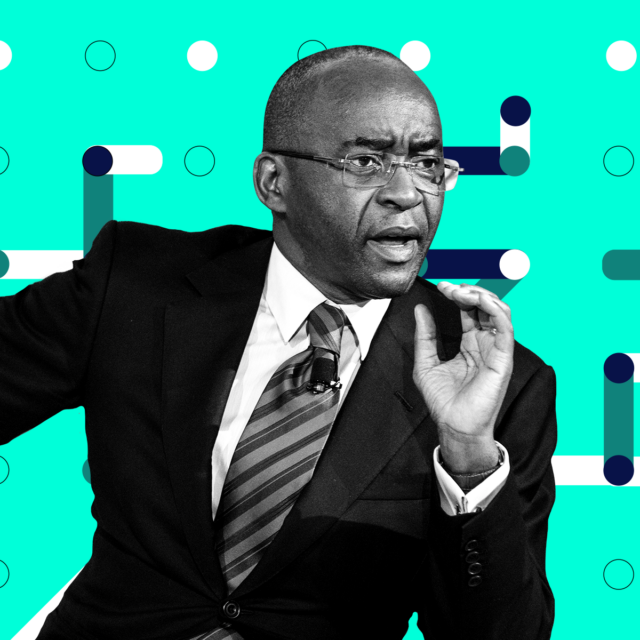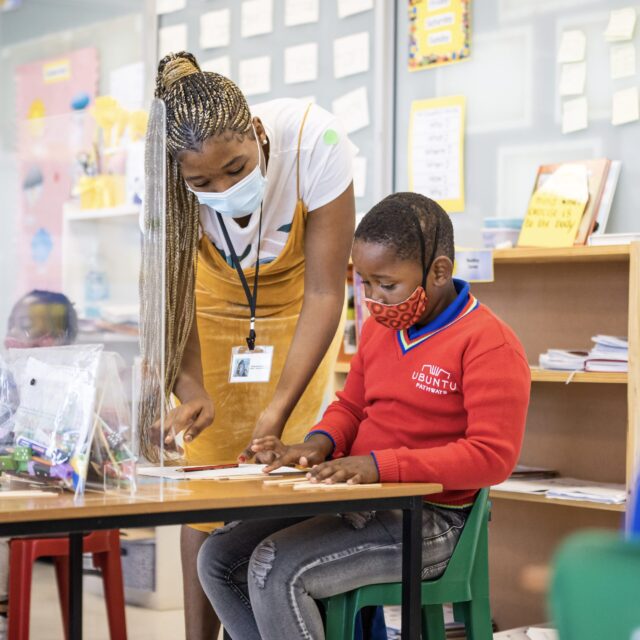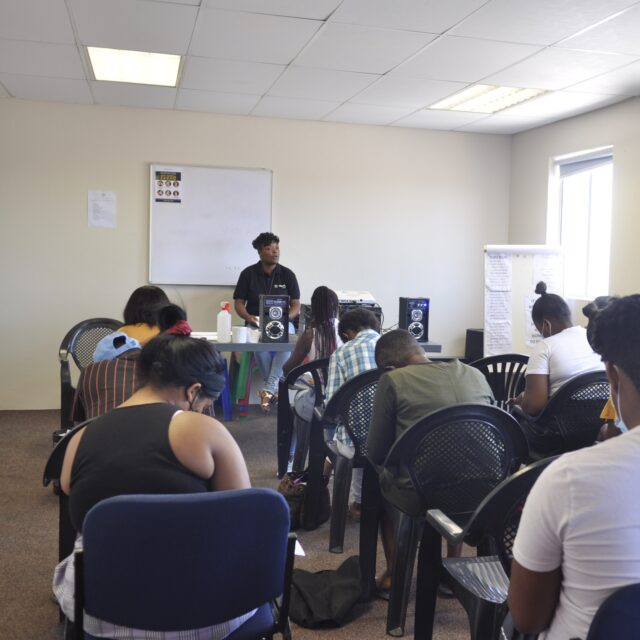Philanthropist Strive Masiyiwa is a special envoy for the African Union. We interviewed him as as part of our #PassTheMic series. Here’s some of what he had to say in the interview.
From Africa’s perspective, we have to tackle the problem both globally and continentally.
Africa is 54 sovereign countries, so its leaders have formed an executive committee that meets every two weeks to review how the continent and the countries within it are tackling the problem.
We’ve also got to realise this is a disease without borders, so it is not possible to stop COVID by getting rid of it just in the United States, for example. If there ever was something that needed to be tackled globally, other than climate change, this is it. If the world doesn’t understand that, then we have a serious leadership crisis.
I’ve been appointed as one of five special envoys by the African Union’s collective leadership. This is the mechanism they use in a major crisis to appoint a group of people to play a coordinating role. It is the first time that five have been appointed together, which shows you how seriously the continent is tackling this.
My immediate task has been to deal with supply chains. For us to tackle this disease, we all have to have equitable access to supplies. If we have a situation where the winner takes all, with the most powerful nations seizing the supplies, it is terrible. So my mission is to try to enhance Africa’s access to supplies.
With respect to the pandemic, we’ve got two tasks. One, we have to deal with protection of lives. So, where we are, it is still in our power to save lives.
So, I wake up every day seized with that. How quickly can I move to help the countries that need these supplies? Next week, for instance, we are launching the Medical Supply Centre, where all African countries can buy their supplies.
When you think about a global response, it should look like what our forebearers did when they created institutions like the World Bank after World War II. What institution have we created to respond to an existential threat like a pandemic? Nothing.
At the moment there is a lot of fighting at an international level over politics. But now is not the time for that. We need to get on top of this virus first and then say: “Okay, what went wrong? What could have been done better?” That’s what global leadership is about.
Priorities
We’re probably going to see our next big fight over vaccines. We need a vaccine, but there will be some people who will say: “my life matters more than the others,” And we, in Africa, will be at the bottom of the list.
I currently have five priorities as we face the pandemic: inform, test, trace, isolation, and therapy/treatment.
We have to win the information battle, including misinformation, which a lot of people are going to die because of. Mass testing has to be synonymous with lockdowns. Contact tracing must be done efficiently with the technologies that we have. Isolation is necessary for those who are sick and even though we have limited therapy tools, everything revolves around some therapeutic solution in the end.
So, within these, you’ve got a lot of preoccupations. I’m really into the innovations of testing, around what we can be doing to find cheaper solutions. Equally on contact tracing, how do we improve that without violating people’s basic human rights?
However, I’m optimistic every day. I have to be, because I believe in hope. I’m optimistic that we will defeat it, although I can’t give you a timeline.
I was looking at some statistics yesterday, on the one side you’re seeing the number of cases ticking up quite alarmingly. Having said that, I’ve never known The African continent to be so seized with a crisis before it happened, that makes me optimistic. That this time we may be able to do more than we’ve done in the past.
I’m not going to say that we’re not going to be given a real soaking here. Between now and September, it’s going to be tough for us. We will have a real battle front on livelihoods and that could in itself create instability and take away some of the gains of the last two decades.
But each step I’m seeing a greater interest in what we can do with the collective, which I’ve never seen in my lifetime. This means that we are going to have tools that can help us in the future.
These excerpts from the interview were edited for length and clarity.
Hear more from experts in our #PassTheMic campaign, where global health experts take over celebrities’ social media channels to share the data, facts, and science we need to know to end COVID-19. Follow us on Instagram, Facebook, and Twitter for more.



